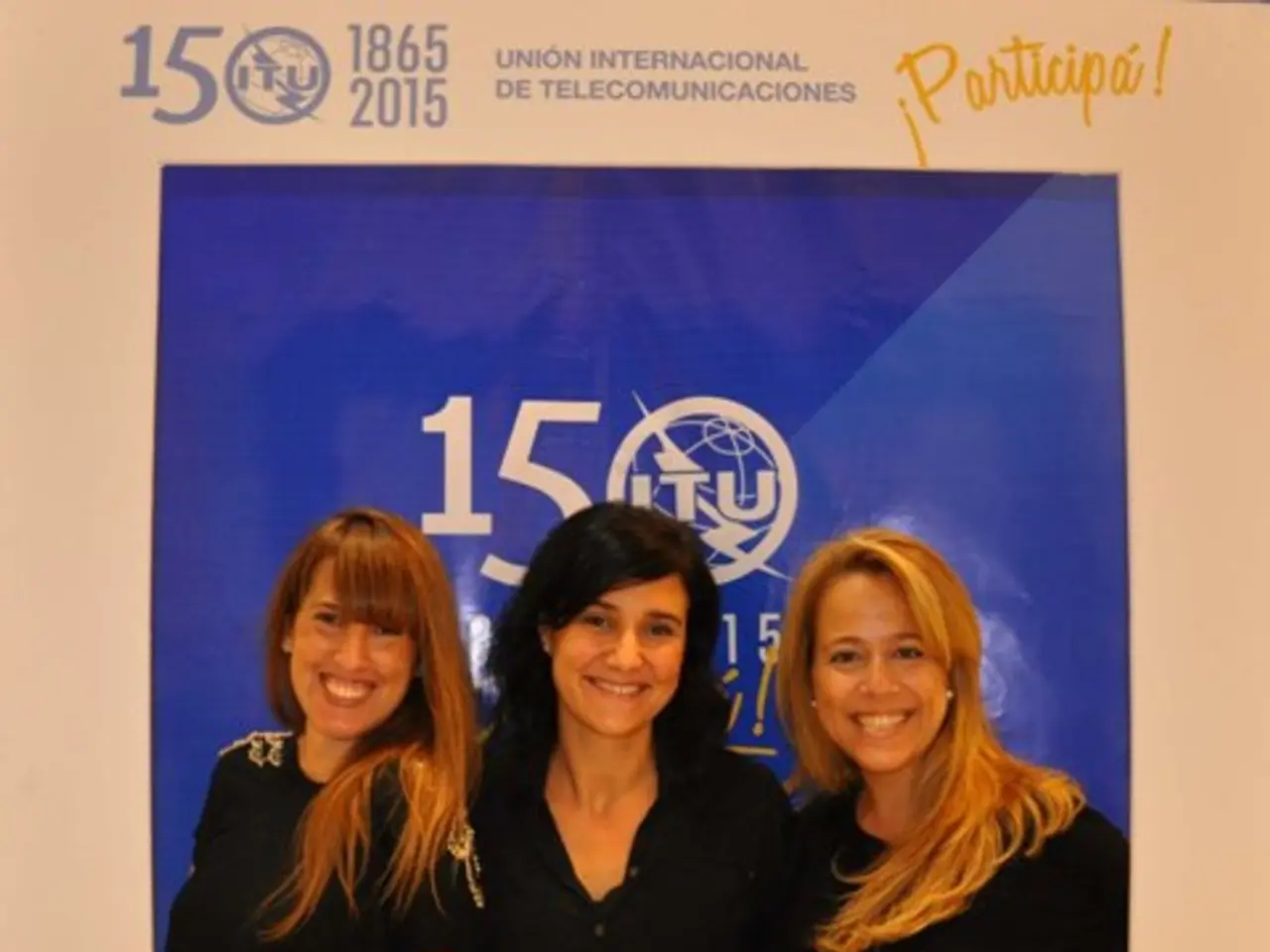Experts from the Council of Europe assert that Romania has experienced minimal advancements in the fight against money laundering.
In a recent assessment by the Council of Europe's MONEYVAL committee, Romania's progress in addressing money laundering, terrorist financing, and proliferation financing has been evaluated. The report, released on Thursday, June 26, reveals that while Romania has taken steps to counter financial crime, significant moderate deficiencies persist.
According to the assessment, out of the 40 Financial Action Task Force (FATF) recommendations, Romania is currently rated as compliant on 7 recommendations, largely compliant on 18, and partially compliant on 15. The partially compliant ratings notably affect key areas such as the enforcement of targeted financial sanctions, regulation of virtual assets and virtual asset service providers, and the collection of relevant statistics.
The report notes limited progress by Romania in improving these frameworks and addressing technical compliance deficiencies since their 5th round mutual evaluation report in May 2023. As a result, Romania remains under MONEYVAL’s enhanced follow-up procedure, requiring the submission of a new progress report by May 2026 to demonstrate further improvements and alignment with international standards.
Moneyval, a permanent monitoring body of the Council of Europe, is entrusted with the task of evaluating the effectiveness of the implementation of these standards. Established in 1997, Moneyval is a part of the Council of Europe and its committee of experts on the evaluation of anti-money laundering measures and the financing of terrorism.
The report focuses on Romania's progress in enhancing its framework against money laundering, terrorist financing, and proliferation financing. The country has made limited progress in improving these frameworks, and the progress made was not sufficient to upgrade the compliance ratings of the four recommendations concerning Financial Action Task Force recommendations on targeted financial sanctions, virtual assets, and virtual asset service providers, and statistics. These four recommendations remain rated "partially compliant" in the follow-up report.
The report highlights Romania's efforts to counter money laundering in the recent period, but it underscores the need for substantial strengthening of Romania's national framework against financial crime, terrorist financing, and proliferation financing risks to improve these compliance ratings. Romania is expected to report back on its progress in May 2026.
Moneyval's tasks include assessing compliance with international standards against money laundering and the financing of terrorism, and making recommendations for improvements. The committee's follow-up report notes limited progress by Romania in addressing technical compliance deficiencies, emphasising the need for continued efforts to strengthen Romania's anti-money laundering and terrorist financing measures.
The business sector in Romania, particularly finance, needs to demonstrably improve its anti-money laundering measures in key areas such as targeted financial sanctions, regulation of virtual assets, virtual asset service providers, and the collection of relevant statistics, as highlighted in the MONEYVAL committee's report. Romania's business community is expected to report back on its progress in May 2026 in a bid to upgrade its current partial compliance ratings.




